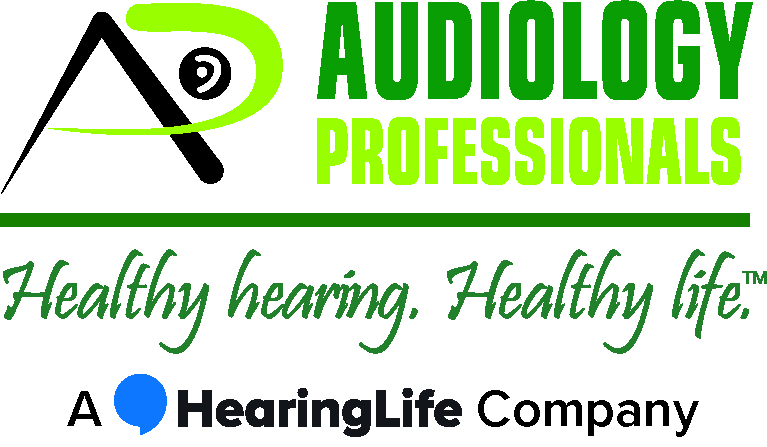Hearing loss and head injury are two conditions that can have a significant impact on an individual’s quality of life. While they may seem unrelated, there is a growing body of research that suggests a link between the two.
In this blog post, we will explore the connection between hearing loss and head injury, and what it means for those who have experienced a head injury or are living with hearing loss.
The Link Between Hearing Loss & Head Injuries
Head injuries, also called traumatic brain injuries (TBI), can occur as a result of a variety of causes, including falls, car accidents, sports injuries, and combat. These injuries can range from mild to severe and can have a wide range of effects on an individual’s physical, cognitive, and emotional well-being. One of the most common effects of head injury is hearing loss.
Hearing loss that occurs as a result of a head injury is called sensorineural hearing loss. This is caused by damage to the inner ear or the nerve pathways that transmit sound to the brain. This type of hearing loss is typically permanent and can range from mild to severe.
Individuals with sensorineural hearing loss may experience difficulty hearing in certain situations, such as in the presence of background noise, or they may have difficulty understanding speech.
How Can a Head Injury Affect Your Hearing?
The link between head injury and hearing loss is thought to be related to the damage caused to the inner ear or the nerve pathways that transmit sound to the brain. When the head is injured, the force of the impact can cause damage to the delicate structures of the inner ear, resulting in hearing loss. Additionally, head injuries can also cause damage to the nerve pathways that transmit sound to the brain, which can result in difficulty processing sounds and understanding speech.
There are several factors that can influence the likelihood of experiencing hearing loss after a head injury. The severity of the injury, the location of the injury on the head, and the age of the individual are all thought to play a role. Additionally, individuals who have a pre-existing hearing loss may be more likely to experience additional hearing loss as a result of a head injury.
It is important for individuals who have experienced a head injury to be aware of the potential for hearing loss and to seek prompt medical attention if they notice any changes in their hearing. Your local hearing specialist will be able to perform a hearing assessment to determine if there has been any hearing loss and recommend appropriate treatment options.
In the case of hearing loss caused by head injury, treatment options may include the use of hearing aids or cochlear implants. These devices can help to amplify sounds, making it easier for individuals to hear in certain situations. Additionally, therapy such as cognitive behavioral therapy or sound therapy may be beneficial in managing the impact of the hearing loss on daily life.
It’s worth noting that prevention is crucial when it comes to head injuries. Many head injuries can be prevented by wearing helmets while participating in activities such as biking, skiing, and horseback riding, and by using seat belts while driving.
There is a growing body of research that suggests a link between hearing loss and head injury. Head injuries can cause damage to the inner ear or the nerve pathways that transmit sound to the brain, resulting in sensorineural hearing loss. It is important for individuals who have experienced a head injury to be aware of the potential for hearing loss and to seek prompt medical attention if they notice any changes in their hearing.
Need Help? Contact Us Today!
If you’re concerned that a head injury has affected your hearing, contact Audiology Professionals today. Our team would be happy to help. Call us today on (541) 228-9233. Alternatively, click here to contact us online.
